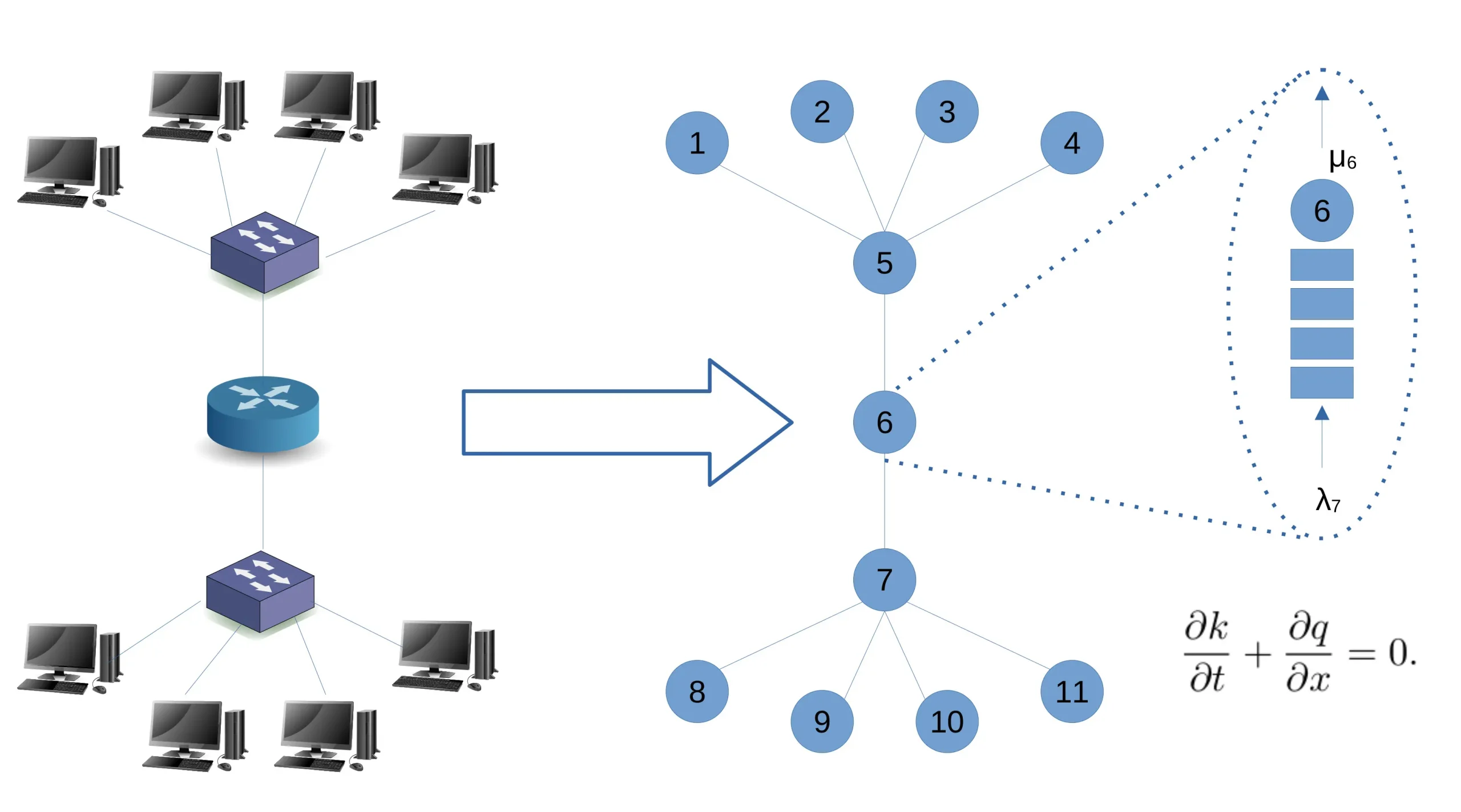The OpenSDN project today announced the first production-ready release of OpenSDN: version 24.1. This release marks a significant milestone in the project’s journey to provide a modern, stable, and secure software-defined networking (SDN) solution.
Background
- OpenSDN is forked from Linux Foundation’s Tungsten Fabric, a now-deprecated open-source SDN stack originally developed by Contrail (acquired by Juniper Networks).
- Existing Contrail or Tungsten Fabric users can upgrade to OpenSDN for the latest features and improvements.
- The release number (24.1) follows the Tungsten Fabric numbering convention, indicating the first release of 2024.
Key Upgrades in Version 24.1
- Modernization:
- Fully migrated to Python 3
- Updated dependencies, including a switch from Thrift to CQL for the Cassandra driver
- Begun modernizing C++ codebase to C++11, paving the way for C++14
- Stability and Security:
- Robust build/test system implemented
- Scale and performance testing in partnership with NIPA Cloud (Thailand)
- Streamlining:
- Removed less-used features supporting Mesos, VMware vCenter, and Windows
Support of Additional Platforms
- Ubuntu 20.xx, 22.xx
- Rocky Linux 9
- OpenStack versions up to 2023.2 (Bobcat)
- A complete support matrix can be found in this Google Sheet
Community Growth (since end of 2023)
- LinkedIn Group Members: 1017 (+2.4%)
- Telegram Chat Group: 229 members (+25%) ~50-100 monthly messages
- Average Monthly Committers: ~10
- Discord (build/release & SDLC notifications): 42 members
For complete details, please see the full 24.1 CHANGELOG here. Get the 24.1 official build (tagged “R24.1”) from DockerHub.
Join our growing community and experience the next generation of open-source SDN with OpenSDN 24.1!




